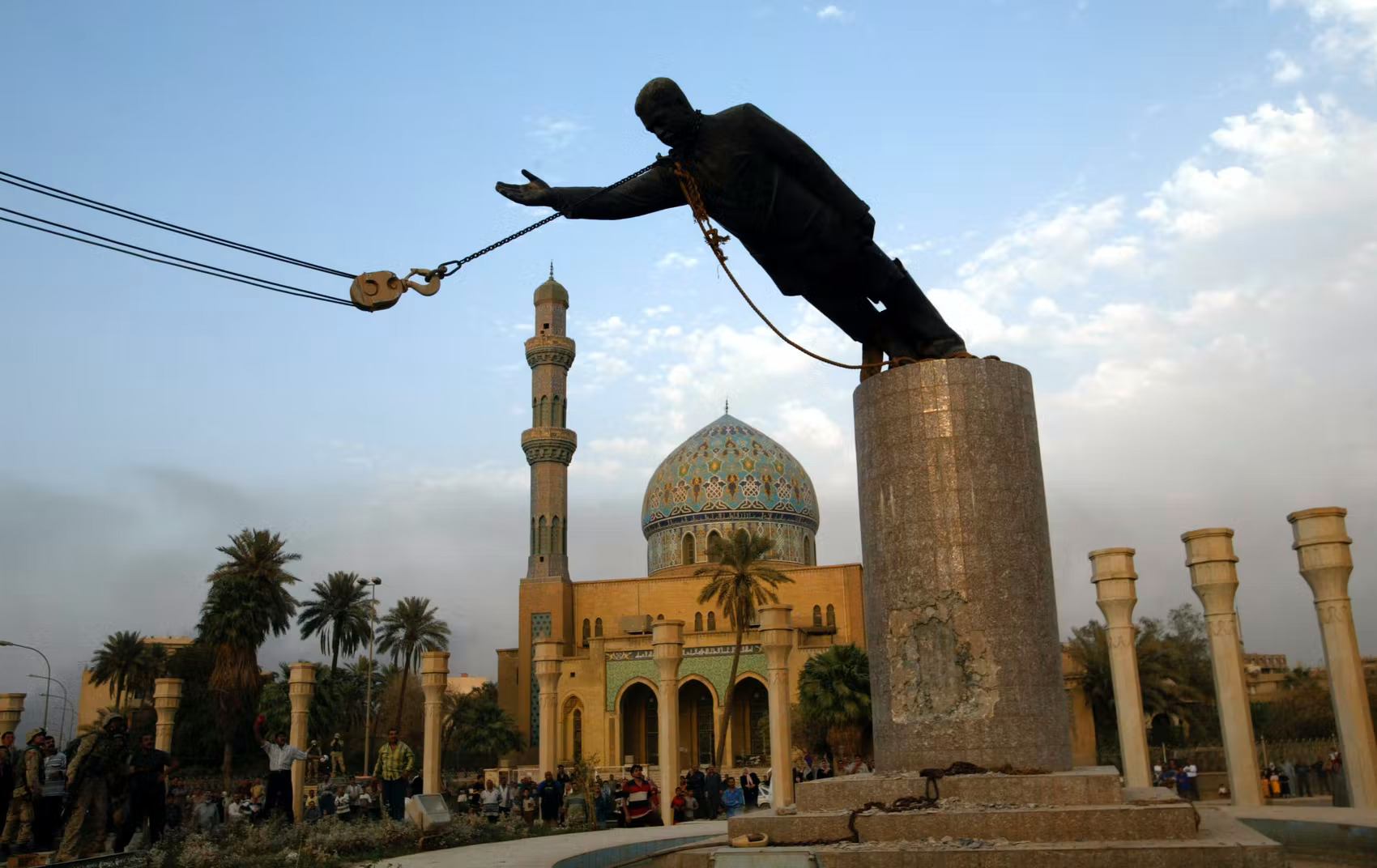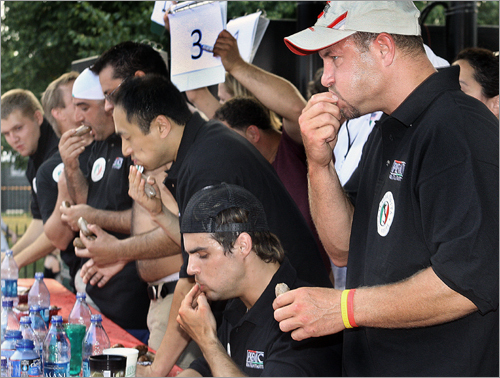 We've had two Amber Alerts in Massachusetts in the past few days, each in tandem with New York State, where the non-custodial dad went in one case and appeared to in another.
We've had two Amber Alerts in Massachusetts in the past few days, each in tandem with New York State, where the non-custodial dad went in one case and appeared to in another.This morning we have a case that seems like it could have been the third in four days, when an estranged father grabbed his two-year-old daughter in Chicopee and headed for the Mass. Pike. However, would you believe there is squabbling among the two states' Amber systems?
Authorities asked police in New York to issue an Amber Alert for the toddler after learning that her father was headed for that state. Chicopee police said the girl is in danger because she requires medication.
Authorities in New York said the case did not meet their requirements for issuing an Amber Alert, particularly because an alert was not issued in Massachusetts.
State Police said an alert was not issued here because authorities acquired information showing that the father was headed out of state.
Beyond the double-take that this story produces is the article that was in the Sunday Globe on July 27, entitled: "Abducted!: The Amber Alert system is more effective as theater than as a way to protect children."
The piece, by Globe staffer Drake Bennett, looks at a study by the University of Nevada that concludes that Amber Alerts give people a false sense of being an effective tool, where in reality it almost never helps save children.
After looking at hundreds of cases in recent years the study confirmed that all but a handful of these are non-custodial parents and most of those were solved within a week even before the Amber system was created. In the nightmare case of a stranger kidnapping a child with intent to do harm, the alerts are almost never effective because the crime usually occurs within the first three hours.
Of course, any time we can do something that will save a child's life we should. However, our society has created this climate of fear because it's good for law-and-order politicians and because it's good for TV news profits. America's Most Wanted, Amber Alerts, tabloid newspapers, the Lifetime Network and local news stations feed into the mentality that the stranger down the street is coming for your kid.
In reality, of the hundreds of thousands of kids reported missing each year (according to the National Center for Missing and Exploited Children, with the vast majority being teen runaways), fewer than 100 (according to FBI numbers) are abducted by strangers, a total that has been falling in recent years, despite public fears. And one wonders how many of those are teenagers who went to meet someone they connected with online, rather than someone grabbing a child in a bedroom or forcing him into a van.
The same atmosphere of fear is what causes an elderly woman I know to dangerously store gasoline for her lawn mower in the cellar of her home. When told of the escaping fumes and the danger of explosion, she said that if it was stored in the back yard a stranger might come along and burn her house down. She was willing to accept the real danger for fear of the one created in her mind by crime shows.
The story goes on to say that other policies -- like "three strikes" sentencing and sex-offender registries -- are political in nature, create false calm, are costly and do little. I am not advocating eliminating the latter (while the former is clearly outrageous) or of discontinuing Amber Alerts. The study's author, Tim Griffin, says that his research is preliminary, and what I am saying is that we should continue to study, discuss and think about such public policies now and in the future.
What annoys me to no end is the idea that we cannot question, study and discuss this or any program or policy, as though it's become some type of sacred cow. The Globe immediately received a letter from Texas in response to the story that said, "It's beyond comprehension that someone who is looking at statistics and a spread sheet can conclude that there is no value in Amber Alerts..." How else would we determine that?











